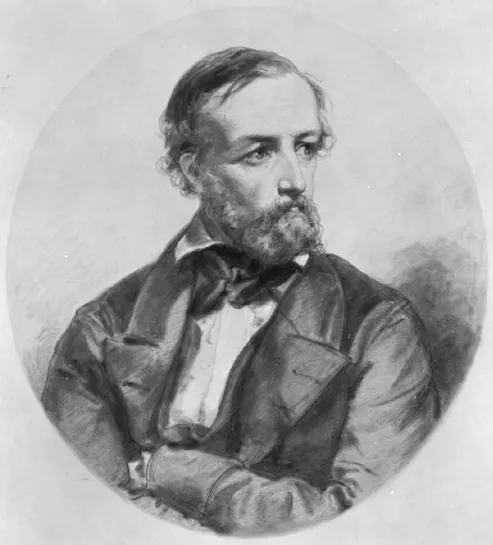
Full Name: Peter Gustav Lejeune Dirichlet
Birth Year: 1805
Death Year: 1859
Nationality: German
Profession: Mathematician and academic
Notable Contributions: Known for contributions to number theory, analysis, and mathematical education.
Peter Gustav Lejeune Dirichlet: A Mathematical Luminary
Born in the bustling city of Ansbach, Germany, in 1805, Peter Gustav Lejeune Dirichlet emerged into a world teeming with intellectual fervor. His childhood was marked by the resonance of mathematical discourse and a profound curiosity that would eventually lead him to revolutionize several branches of mathematics.
As a young boy, Dirichlet exhibited an exceptional aptitude for numbers and patterns. However, his formative years were not without challenges. The German states were undergoing political upheaval during this time, which might have influenced the trajectory of his education. His family recognized his talent early on and made sacrifices to ensure he had access to quality schooling a decision that would pay dividends in the long run.
Despite this support, Dirichlet faced immense pressure when he enrolled at the University of Göttingen at just sixteen years old. Here he immersed himself in an array of subjects; yet it was mathematics that captured his heart. The professors luminaries such as Carl Friedrich Gauss recognized his potential almost immediately. Who knows how many sleepless nights were spent poring over complex problems, driven by an insatiable desire for knowledge?
Ironically, while many students thrived under Gauss’s mentorship, it was Dirichlet's deep understanding of number theory that set him apart from his peers. As he delved deeper into this intricate field, he discovered patterns and principles that seemed to elude others. By age twenty-one, he presented a groundbreaking thesis on number theory the very first step toward establishing himself as one of its foremost pioneers.
With each passing year at Göttingen, Dirichlet's reputation blossomed; soon after obtaining his doctorate in 1822, he secured a position as a professor there a dream come true for any budding mathematician! This role allowed him to cultivate future generations of mathematicians while continuing to develop theories that would challenge conventional thinking.
The Birth of Significant Contributions
Perhaps what makes Dirichlet’s work so compelling is how interconnected it is with broader mathematical concepts. Take for instance his contribution known as the "Dirichlet principle." He proposed an idea suggesting every bounded sequence has at least one limit point a concept so simple yet so profound! This idea laid foundational groundwork for real analysis and continues to inform contemporary mathematical thought.
Simultaneously while developing theories about sequences Dirichlet became fascinated by functions too! His exploration into what are now known as “Dirichlet series” served as pivotal stepping stones toward modern analytic number theory. At times when others faltered under abstract thought's weightiness... well he embraced it! It’s almost poetic how someone who faced such tumultuous beginnings became synonymous with elegance in mathematics!
The Relentless Pursuit
Yet success didn’t come easily; like all great minds before him , there were setbacks along the way: manuscripts lost due to poor weather conditions or experiments leading nowhere which only fueled both frustration AND determination within him! Still…how remarkable is it that through these struggles arose results not just beneficial personally but vital for future mathematicians? To think: if those discoveries hadn’t surfaced during those trying times... math could look vastly different today!
A Legacy Built Through Teaching
An equally significant part of Dirichlet’s legacy lies within academia itself not just equations scribbled on blackboards but lives touched through mentorship! Over decades teaching at various prestigious institutions across Europe including Berlin the impact can be felt even today among renowned mathematicians who credit their inspiration back down lineage traced directly toward him!
The Human Element
"Mathematics should never be seen merely as numbers & symbols it demands creativity AND heart!" - Peter Gustav Lejeune Dirichlet (paraphrased)


